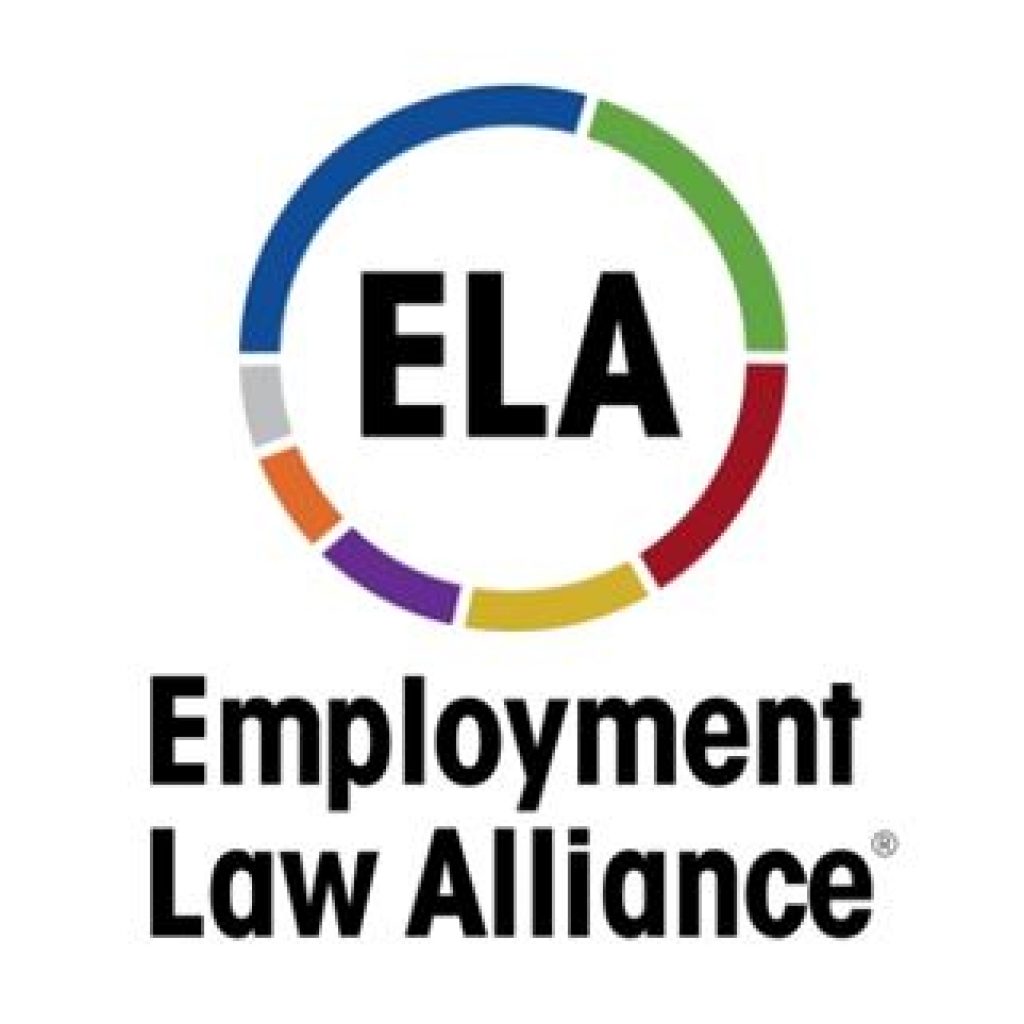January 2024 E-Update
Click here to view entire E-Update as a PDF
RECENT DEVELOPMENTS
Very Helpful Guidance on the ADA from the Fourth Circuit!
The U.S. Court of Appeals for the 4th Circuit issued an opinion that provided much useful guidance on an employer’s obligations under the Americans with Disabilities Act, including reasonable accommodations, discrimination, and retaliation. For more, click here.
Employers, Be Careful With Those Employee Groups!
Some employers, particularly larger ones, may have or may be interested in the creation of employee groups to identify workplace issues and propose solutions. Unfortunately, unless carefully handled, such groups could constitute “labor organizations” under the National Labor Relations Act, and an employer’s authority over such groups could constitute unlawful interference with employees’ rights under the Act, as T-Mobile recently learned in a case before the U.S. Court of Appeals for the D.C. Circuit. For more, click here.
TAKE NOTE
A Disparate Impact on a Protected Group Is Not Always Illegal. One form of discrimination is where a policy or job requirement has a disparate (i.e. negative) impact on a protected group. For more, click here.
Employees Must Tie “Accommodation Requests” to a Disability. As the U.S. Court of Appeals for the 4th Circuit explained, for purposes of the Americans with Disabilities Act, “[m]erely labeling a list of suggestions an ‘accommodation request’ is not enough to inform the employer that the employee is requesting workplace changes to address his disabilities, rather than other unrelated issues.” For more, click here.
Employers Need Not Engage in “Optimal” Decision-Making, “so long as an employer honestly and reasonably believed the nondiscriminatory reason for its action,” according to the U.S. Court of Appeals for the 6th Circuit. For more, click here.
Really, It’s Not Discrimination When the Employee Is Not Doing Their Job. An employee who did not dispute the reasons for her termination nonetheless claimed that it was race and sex discrimination, but the U.S. Court of Appeals for the 8th Circuit disagreed. For more, click here.
New Pay Transparency Requirements Coming to D.C. The D.C. Wage Transparency Omnibus Amendment Act of 2023 will impose requirements for salary range and healthcare benefit disclosures, as well as prohibitions on the request for or use of wage history, on employers with at least one employee in the District of Columbia, starting at the end of June 2024. For more, click here.
Revisions to D.C. Minimum Wage Law Apply to Those Working 2 Hours a Week in D.C. A revision to the District of Columbia’s minimum wage law expands the application of the law to include those working two or more hours a week in D.C. starting in March 2024. For more, click here.
Maryland Appellate Court Confirms Trade Secret Protections for Customer Lists. Maryland’s second-highest court, the Maryland Appellate Court, has reiterated that confidential customer lists, vendor pricing, profit margins and other pricing information may constitute trade secrets under the Maryland Uniform Trade Secrets Act (MUTSA). For more click here.
TOP TIP: Does the Employer or Employee Own Those Social Media Accounts? Part II.
This question has been subject to litigation in a years-long case that we previously discussed in our January 2022 E-Update. At that time, the U.S. Court of Appeals for the 2nd Circuit affirmed in part and vacated in part a preliminary injunction that gave the employer sole control of the social media accounts, sending it back to the federal district court for further proceedings. And now the 2nd Circuit has clarified that the ownership question is subject to traditional property law principles. For more, click here.







